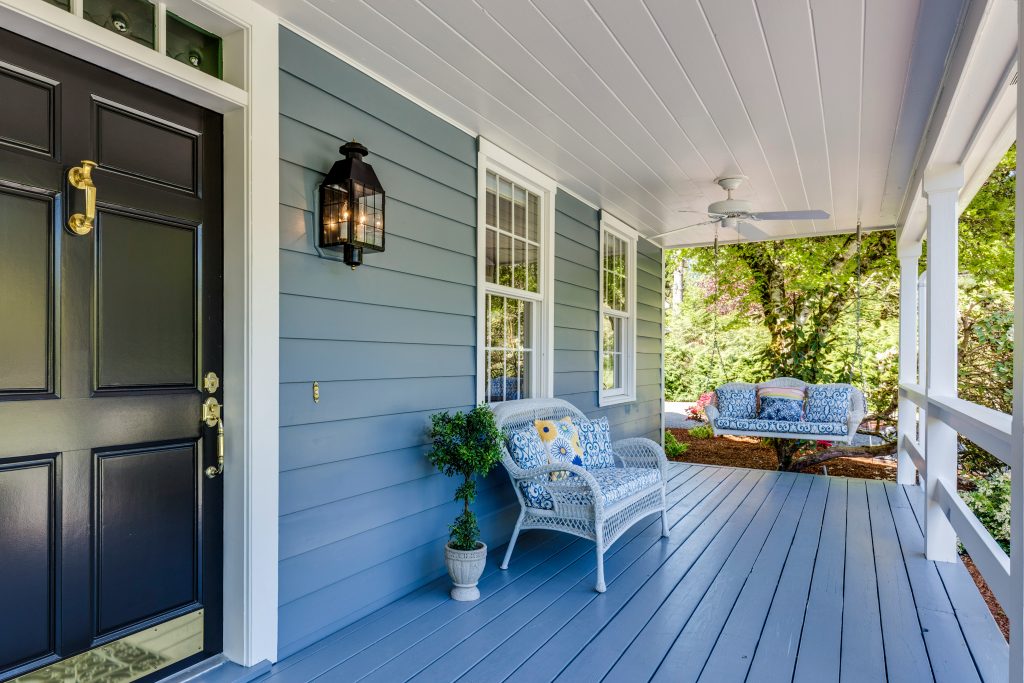HOA Case Law Journal
with Julie McGhee Howard
In 2015, a home in North Attleborough Preserve, a subdivision of 40 two-story, colonial style houses, burned down catastrophically and had to be rebuilt. Stephen Sarcia bought a Lot, which happened to be the largest in the community and where the homesite was set back from the road making it less visible than other homes. Due to financial constraints, Mr. Sarcia desired to build a one-story house despite all the other homes in the community being two-story homes. Prior to submitting plans, Mr. Sarcia did his due diligence with a real estate attorney who confirmed there were no HOA covenants in place governing the rebuild of the burned down house.
The HOA’s Board repeatedly denied Mr. Sarcia’s plans for a single-story home, on the basis that it was not consistent with the design of all the other two-story homes in the community and could adversely affect the property value of those homes.
The Facts:
- Mr. Sarcia bought the Lot and sent the Board plans for a one-story house on the original foundation.
- Mr. Sarcia presented a total of four building plans with the final plan designed with two levels of windows in the front of the house to give the appearance of a second story.
- No covenants existed which expressly required homes in North Attleborough Preserve to be two stories.
The Issue:
At trial, the Board argued that the single-story house was not architecturally consistent with the other homes and the Board was concerned that a one-story house would have a negative impact on property values in the community. There was also a concern that if the Board allowed this one-story house, they would have a hard time enforcing other restrictions and authority on future proposals. Mr. Sarcia contended that the argument was invalid, and he came prepared to trial with an expert witness who testified to that point.
At trial, a real estate expert testified on Mr. Sarcia’s behalf that:
- The proposed house in the fourth plans still looked like a two-story colonial house even though it didn’t actually have a second story;
- He had sold one-story houses for as much money as multi-floor houses; and
- There would be no negative aesthetic or detrimental value impact on North Attleborough Preserve should the fourth plans for the house be built.
Court Decision
The Court found for Mr. Sarcia, holding that the Board’s decision on the proposed building plans must be reasonably likely to prevent the undesired outcome. And, based upon the real estate expert witness’ testimony, there would be almost no impact on property values. Additionally, because the house was set back from the street, it was not as visible as the other houses. The Court found the Board’s denial of the owner’s fourth plans unreasonable, annulled the denial, and deemed the plans approved.
The Cautionary Tale
The Board in this case based its argument on anecdotal information and suppositions, while the homeowner was prepared with expert testimony. In a case based on a subjective decision, having qualified expert testimony is crucial to success.
Contact NowackHoward for HOA Law Advice to Help Guide Your Board of Directors
At NowackHoward, we focus on condominium association and HOA law throughout Georgia. To learn more about our community association practice and how we can help guide your community, contact one of our attorneys today at (770) 863-8900 or by email at info@nowackhoward.com.


